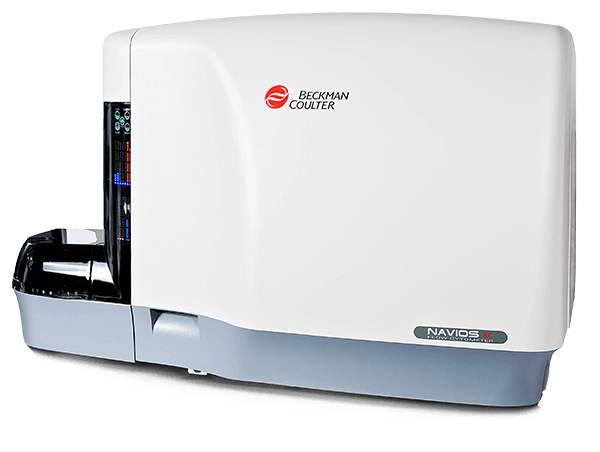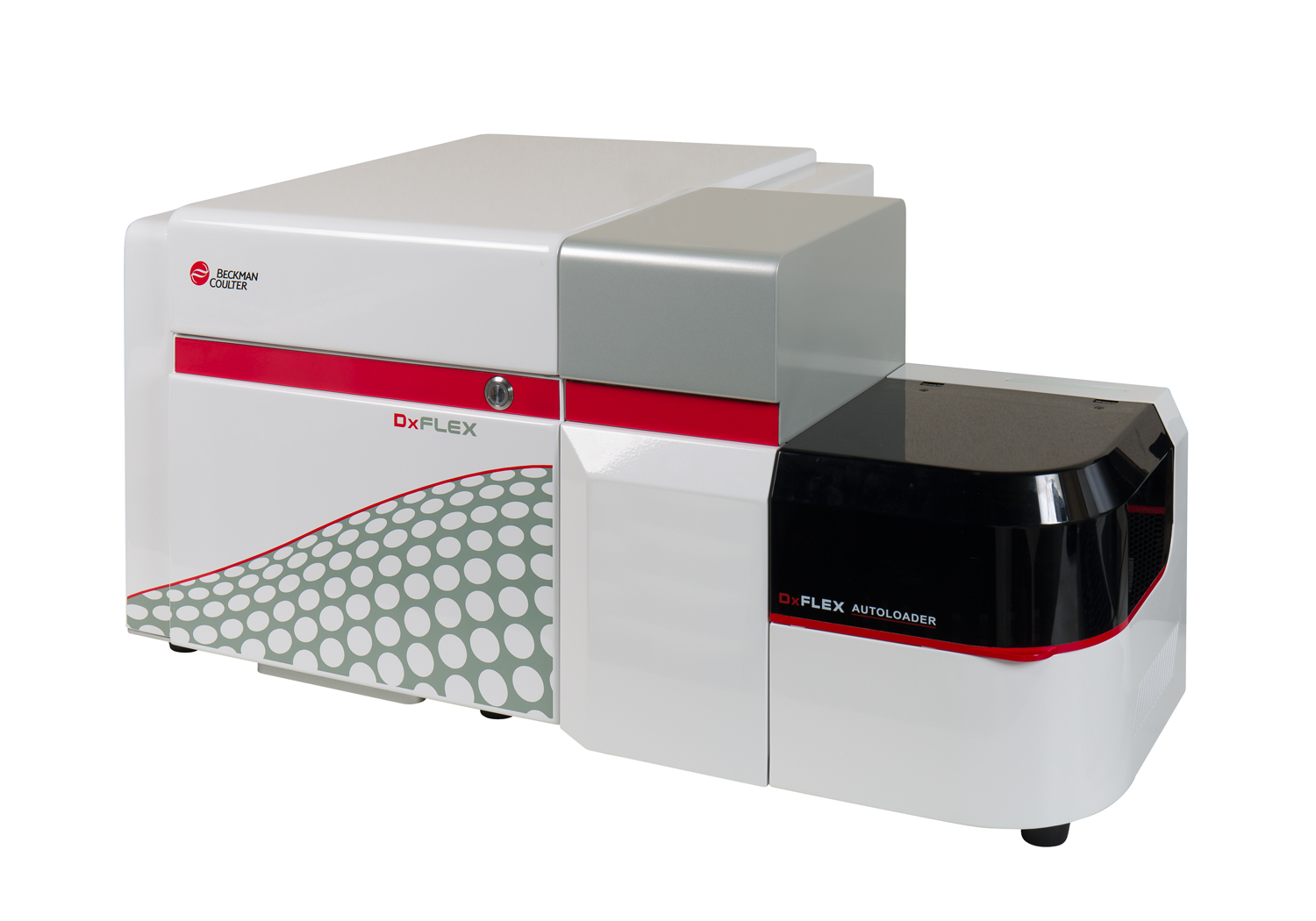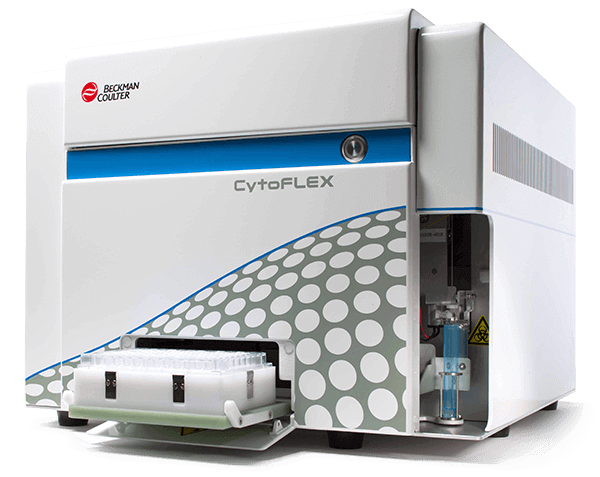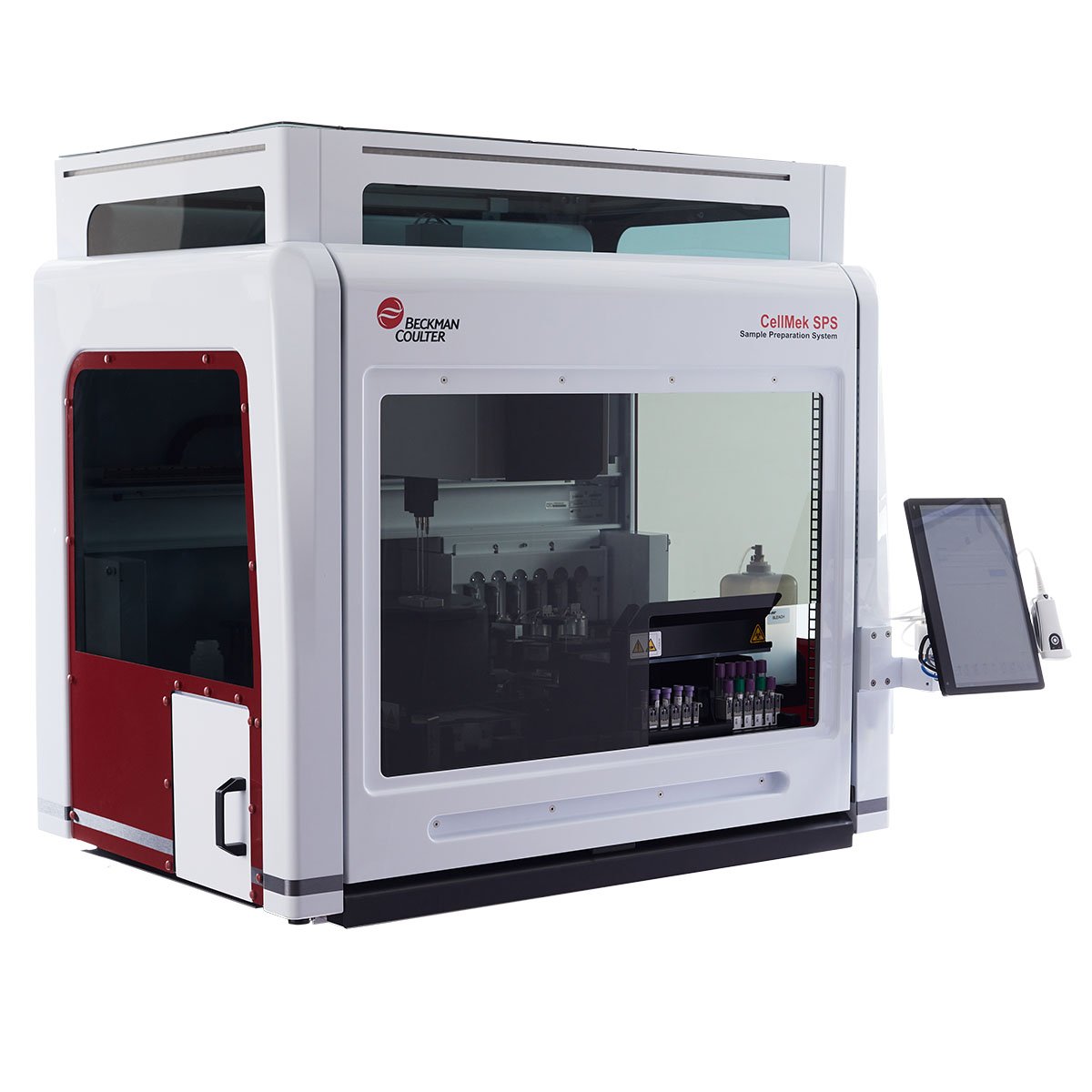CD36 Antibodies
The CD36 antigen (platelet GPIV, or GPIIIb) is a generic term for a family of glycoproteins with molecular weights ranging from 78 to 88 kDa. CD36 expression occurs in different types of cells, including mammary epithelial cells, endothelial cells monocytes, macrophages, platelets, megakaryocytes and early erythroid cells. This molecule is also found on some human tumor cell lines. It is a very early marker of erythroid differentiation and mediates the adherence of platelets to thrombospondin and collagen. CD36 is a scavenger receptor that functions in high affinity tissue uptake of long chain fatty acids (FA). As a result of its multiple ligands and signal transduction capabilities, CD36 has also a number of functions related to immune responses, inflammation and blood disorders.
| Clone: FA6.152 | Isotype: IgG1 Mouse |
| The FA6-152 monoclonal antibody, raised against fetal erythrocytes, recognizes the CD36 family of antigens on platelets and certain hematopoietic cells. It does not react with lymphocytes or granulocytes. It reacts with both fetal and adult monocytes, megakaryocytes, platelets, and with reticulocytes. | |






